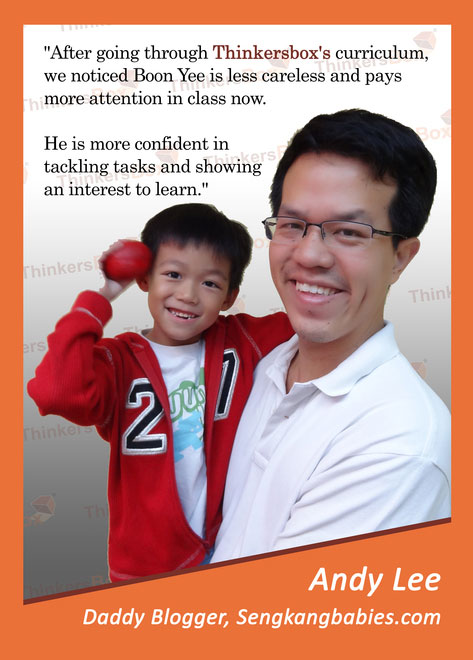Despite the strict upbringing parents might have during their time of childhood, sometimes this does not apply to their own children when grandparents come into the picture. This is often a topic which brings much controversy to many parents.
In a way, it is a little touchy to begin with.
When grandparents coddle and turn a blind eye to bad behaviour, how do parents step in? When adults overly protective to the child, it hinders the child from learning and integrating into their social environment such as school.
When the much dreaded phrase “He is just a child, he will grow out it.” comes into play, how would you handle the situation?
For many parents, this may be a time of dilemma. Filial piety and respect is an unspoken rule across much of Asian culture. Likewise in Asian culture, age is often a factor that contributes to much of our ‘Respect’ factor as with age comes experience and wisdom. During our childhood years, we seldom talk back or challenge their parents’ decisions, but as we mature into adults, we do develop our own sense of thoughts and reasoning. With parenting, sometimes our thoughts may not go in flow with that of our parents (our children’s grandparents). After all, we are different individuals. If we were all wired the same, I would say that new creative ideas will not come up, and we might all live like systematic robots.
The Messages We Give
If parents repetitively turn a blind eye in tune with the grandparents teachings, it translates into the following message to the child.
“When Grandpa/Grandma is around, I do not need to follow the rules. Mommy and Daddy are not saying anything too. I can do anything I want!”
If a parent should contradict his own parents in front of the child, in an aggressive and non respectful manner, it translates yet into another inappropriate message.
“Since mommy and daddy can be like ‘that’ to Grandpa/Grandma, I can do the same.”
Children learn their behaviour from their peers, and parents are the natural peers that are involved in their everyday life. The above examples are definitely NOT the desired behaviour or mentality that any parents or grandparents want their child or grandchildren to pick up on.
Some Advice
It is unfair to point the fingers only to the party that turns the blind eye because in educating a child, communication is a critical factor. When it comes to discipline and education, both parents and grandparents have a direct influence and naturally need to assume some form of responsibility in that matter. Parents and grandparents should reach a common understanding and respect for each other is important. A parent should never think that they are always right, and insist upon it. An agreement on how to discipline the child can be implemented and boundaries should be set.
Effective communication is critical.

To credit People photo created by tirachardz – www.freepik.com
For parents and grandparents:
Best Intentions First
|
Positivity, not criticism or being judgemental.
|
Tact & Timing
|
For Parents:
|
Speak up nicely when boundaries are crossed.
Pincus suggests the following phrases:
|
|
Support from Spouse
|

For Grandparents:
|
Not the Middleman
|
|
Trust & Control
Always keep the communication open in order to work out differences.
|








